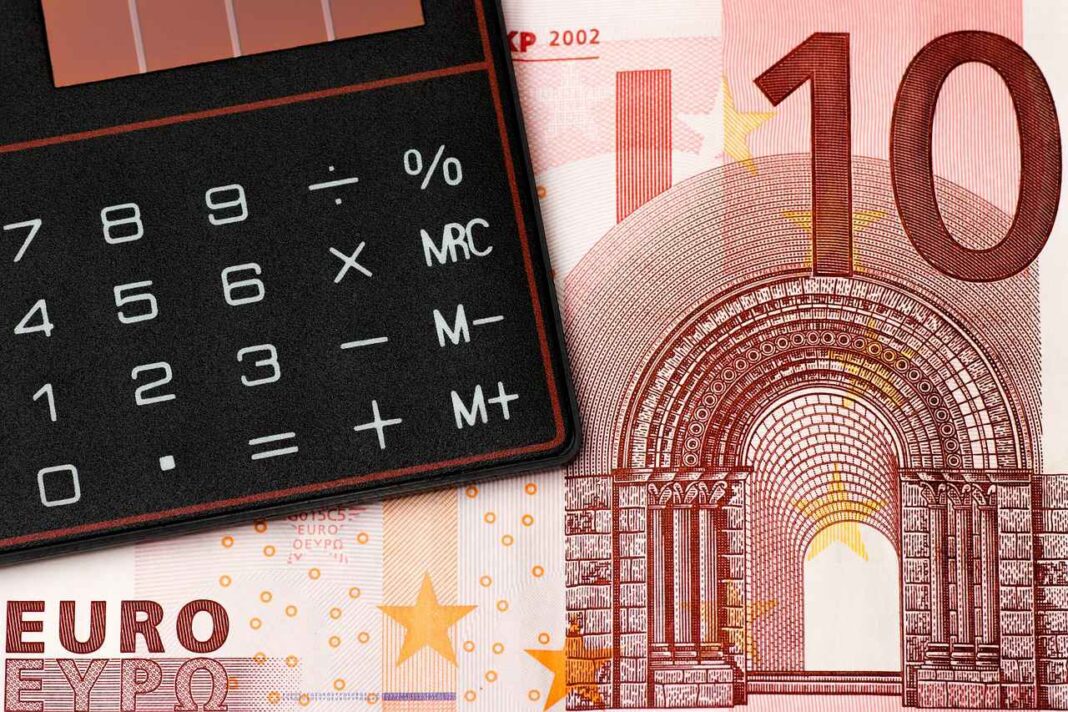When you’re planning your next trip and wondering how much to spend on a hotel, there are a few strategies to consider to get the most value. I’ve been to over 60 countries and stayed in countless hotels, so here’s a practical guide based on my experiences.
In Asia, particularly outside Japan, hotels can be quite affordable. On a recent trip, I initially planned to splurge on luxurious five-star hotels but opted for more economical choices that still offered great experiences. For instance, in Seoul, rather than spending $350 per night at the Shilla Hotel, I chose the Centermark Hotel in Insadong for $120 per night. This hotel offered free Wi-Fi and was close to major attractions, saving me over $1,000—money I then used for dining and sightseeing.
Similarly, in Kuala Lumpur, I bypassed the plush Villa Samadhi for the four-star Impiana Hotel at $120 per night, even though the villa had more amenities. It just didn’t seem sensible to overspend when I could enjoy a comfortable stay for less, reflecting a more local cost of living.
Determining how much to spend on hotels can be tricky. I like to ensure I’m getting a good deal without paying more just because I’m a foreigner. For instance, once after injuring my ankle, I refused to overpay a taxi that wouldn’t use the meter, which saved me unnecessary expense. Being mindful of local prices helps you avoid overpaying for services.
So how do you decide what’s a reasonable amount to spend? I use a formula I call the Natural Hotel Expenditure Rate (NHER). Simply divide your monthly home living costs by 30.5 days to find your daily rate. For example, if your home expenses total $5500 a month, your NHER would be about $180 per day.
But there’s more to it. Consider the local economic context. If you’re traveling to a place with a significantly lower cost of living, spending as if you were in a more expensive city doesn’t make sense. Adjusting your budget using indices like the Big Mac Index, which compares local prices to those at home, can be quite insightful. If a Big Mac costs less at your destination, reduce your NHER accordingly.
Ultimately, the goal is to balance enjoying your travels without unnecessarily depleting your funds. For many, spending $120 on a hotel feels about right, though it’s okay to adjust this based on your destination and personal finances. By using logical calculations and considering local economic conditions, you can stretch your travel budget further and maybe even enhance your travel experience without breaking the bank.











































